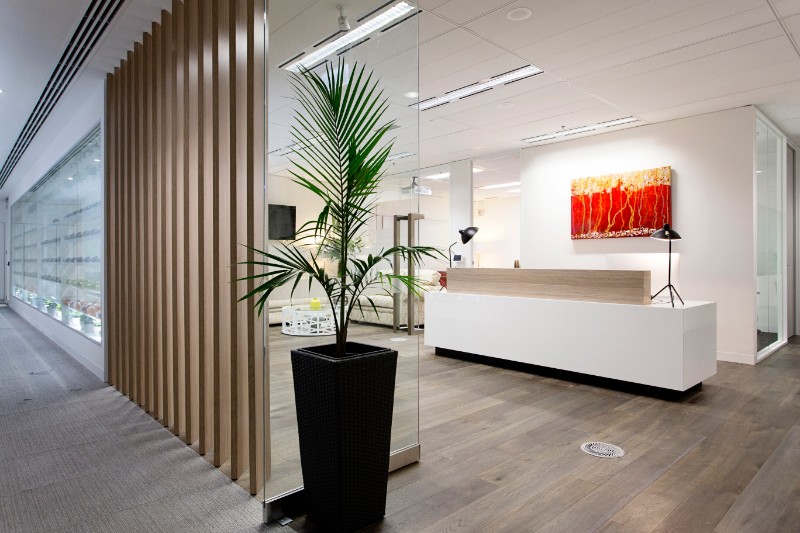Are Coworking Spaces the Future Face of Business?
In recent years, coworking spaces have revolutionized the concept of officespace, questioning the wisdom of tying up capital and cashflow in traditional leaseholds. These shared workspaces offer a range of benefits and services that cater to the evolving needs of modern professionals.

Coworking spaces provide more than just a physical space to work. They create an environment that fosters collaboration, networking, and creativity. With flexible membership options and amenities such as high-speed internet, meeting rooms, and communal areas, coworking spaces offer a convenient and cost-effective solution for individuals and businesses alike. Furthermore, coworking spaces promote a sense of community among like-minded professionals from various industries. The opportunity for collaboration and knowledge-sharing within these spaces can lead to innovative ideas and business partnerships.
The future face of business is undoubtedly tied more to the rise of coworking than to the traditional office building. As remote work becomes more prevalent and companies seek flexibility in their operations, traditional office leases are being replaced by serviced offices within coworking spaces. This shift allows businesses to scale up or downsize easily without the burden of long-term commitments or expensive overhead costs.
From a financial perspective, traditional office leases could be seen by investors as a liability with the need to poor capital into expensive office fitouts and refits without any direct return on that investment. Spending money every month on leasing occassional use space such as tearooms, meeting roms and common areas likewise is becoming harder to justify. This is one of the reasons startups are so much more likely to be found in coworking space than a traditional office lease. Investors want to see their money being invested wisely. Coworking spaces often provide a more cost-effective solution when compared to traditional leasing. With no upfront costs or long-term commitments, businesses can avoid hefty security deposits and lengthy lease agreements. This allows them to allocate their resources more efficiently and invest in other areas of their business.
In conclusion, coworking is set to play a significant role in shaping the future of offices. Its flexibility, affordability, and community-driven approach make it an attractive option for individuals seeking a productive workspace as well as businesses looking for agile solutions in an ever-changing work landscape. From a financial perspective, coworking presents an attractive alternative to traditional leasing. Its flexibility in terms of duration and scalability combined with inclusive amenities can result in significant cost savings compared to conventional office leases.



